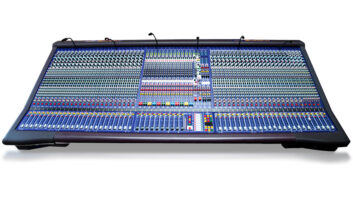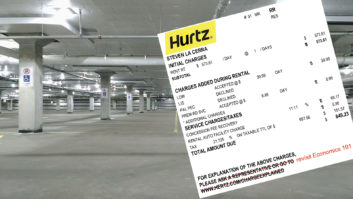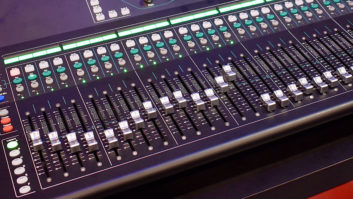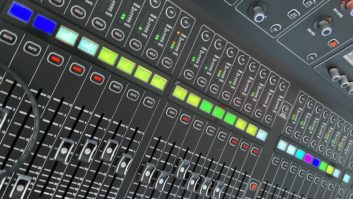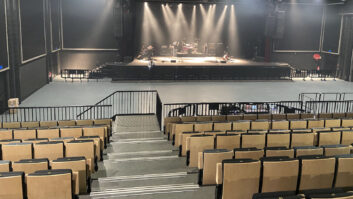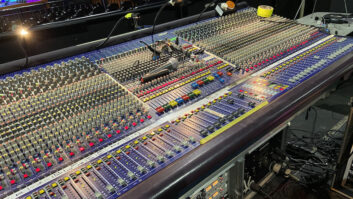Late this past Sunday, leaders of Congress announced that they had reached a tentative agreement to pass a $900 billion Covid relief package, which includes enhanced unemployment benefits, direct stimulus payments to individuals and—perhaps most important to those working in the entertainment industry—the Save Our Stages Act, a $15 billion program earmarked for live venues, independent movie theaters and cultural institutions. The bill is expected to pass later this week.
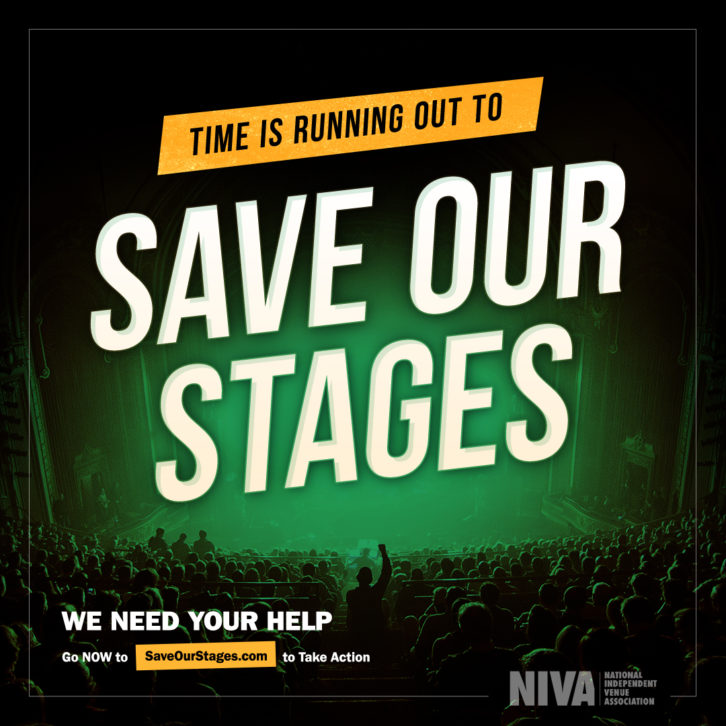
Introduced to the Senate in July of this year, the Save Our Stages Act was initially a $10 billion proposal co-sponsored by Senators Amy Klobuchar (D- MN) and John Cornyn (R-TX), with funds directed to independent music venues. The bill evolved and expanded to include movie theaters, museums and zoos, but preliminary reports indicate that approximately $10 billion will be allocated to music venues, while the remaining $5 billion will be available for other types of spaces. The Save Our Stages Act has bipartisan support, with 57 Senate co-sponsors and more than 200 House members backing the proposal.
Bolstering the bill is NIVA (the National Independent Venue Association), a group of more than 3,000 venues across the 50 states and Washington, D.C., which has been a strong voice for the live entertainment community. According to NIVA, 90 percent of independent venues in the country will close within weeks unless they receive federal aid, and they estimate that every dollar spent at a music venue generates another $12 for related businesses.
The domino effects in my small corner of the business are significant: a day in the life of a fly gig means taxis to the airport, delivery of our gear to the airport, skycaps helping us check in, meals, backline rentals, sound and light rentals…. No gig means a complete halt to all of the cash flow.
Read more Mix Blog Live: My First Indoor Gig, Front to Back.
Key provisions of the Save Our Stages Act include establishment of a grant program for live venue operators, promoters, producers and talent reps; funding for expenses incurred between March 1, 2020, and December 31, 2020; eligibility for grants no greater than 45 percent of gross revenue from 2019 or $12 million (whichever is less); and eligibility for supplemental grants equal to 50 percent of the initial grant if the venue is still experiencing a revenue loss of 80 percent or greater by December 1, 2020.
Eligible venues can use the funds for employee payroll and benefits, rent, utilities, mortgage interest payments, insurance, PPE, payoff of existing loans, payments to 1099 employees, and other operating expenses. If passed, the Save Our Stages Act could help venues survive until they can return to booking shows with significant capacity.
The relief bill also reopens the Paycheck Protection Program, which stopped taking applications for the first round of loans back in August. The PPP enables businesses with fewer than 300 employees that have seen drops in revenue of at least 25 percent during the first, second or third quarter of 2020 to apply for a second loan. It would also reduce the maximum loan amount from $10 million to $2 million, increase flexibility on how a business can spend the money, and streamline the forgiveness process for loans under $150,000.
The relief bill and the Save Our Stages Act is a firm step in the right direction to provide aid for the live event industry, though the path of SOS funds to independent touring sound, backline and lighting techs is unclear.
The package does, however, extend unemployment assistance for gig workers and those who are self-employed. It’s been said many times and is still true: we were the first ones out of work and we’ll be the last ones returning to work. At least there’s a glimmer of light on the horizon.
